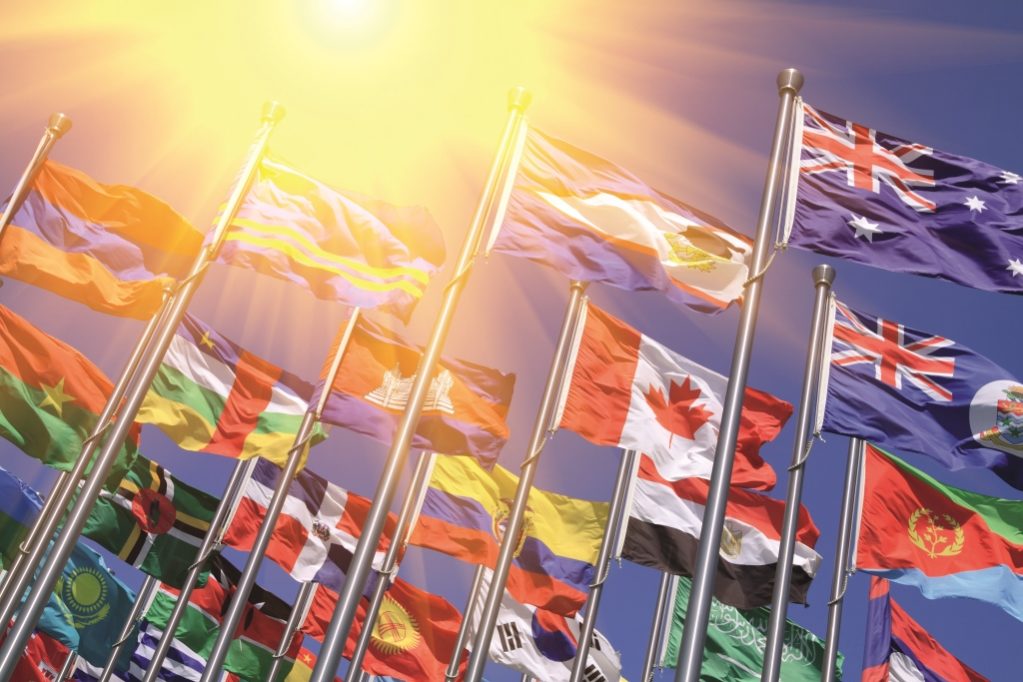Last month, Glasgow bid farewell to the Commonwealth Games, but the debate about the importance of the organization will continue long after the athletes have left.
The relevance of the Commonwealth has been widely questioned in recent times. Some claim that the majority of its states are not very interested in the association and it has become virtually unknown among their people.
Others believe that the Commonwealth is needed more today than it was in its heyday of fighting for an end to racism in Southern Africa, the independence of Zimbabwe under majority rule, the freeing of Nelson Mandela and the ending of apartheid.
The Commonwealth, made up of 2.2 billion citizens from 53 independent nations spanning six continents, has divided opinion for most of its existence. But after celebrating its 65th anniversary this year, how relevant is the organization that is often described as an extension of colonialism?
At the moment there is disinterest and discontent within the organization itself. Formerly known as the British Commonwealth, it was originally seen as a way of uniting former British Empire colonies.
Loading...
The Commonwealth is a network of networks; decisions made within it have the scope to resonate globally. That is the considerable soft power that the Commonwealth has when used purposefully. But is that the case today?
It should be noted that its present member states, including Britain, chose to be part of the Commonwealth, and to remain part of it. Two of these member states – South Africa and Pakistan – were withdrawn from the association by their governments at the time, but were subsequently brought back.
Two other countries have since been withdrawn – Zimbabwe and The Gambia. In the case of Zimbabwe, President Robert Mugabe’s government violated Commonwealth values regarding democracy. When the Commonwealth sought to suspend Zimbabwe from membership, Mugabe withdrew his country from the association.
Last year, The Gambian President Yahya Jammeh withdrew his country because he no longer wished to associate with Britain. He also claims the Commonwealth represents an extension of colonialism.
Many African commentators believe that the sole purpose of the body was to promote white interests and that continues to be the case today.
They also argue that the exits of countries were more likely in response to criticism faced from other member states on their human rights record. The Commonwealth is often criticized for being too lenient.
In 2011, a group made up of prominent figures from across the Commonwealth suggested that widespread homophobia needed to be tackled, particularly in countries where it interferes with HIV/Aids programs. But current statistics suggest little has changed. Of the 53 Commonwealth nations, 42 have anti-homosexuality legislation, with punishment varying from fines to the death penalty.
Controversies and politics aside, some argue that there is a human aspect to the Commonwealth.
A section of the organization commonly referred to as the people’s Commonwealth, which comprises of independent, professional, philanthropic and sporting bodies, works to help improve the lives of people in the organization’s countries.
Every two years, leaders meet at the Commonwealth Heads of Government Meeting (CHOGM) to discuss issues affecting each country and the organization as a whole.
It is believed that by allowing equal representation for all states, the Commonwealth gives smaller nations an international platform they wouldn’t otherwise have and creates a forum for ideas that often do not get onto the mainstream agenda.
Only time will tell how long it lasts.
Loading...
